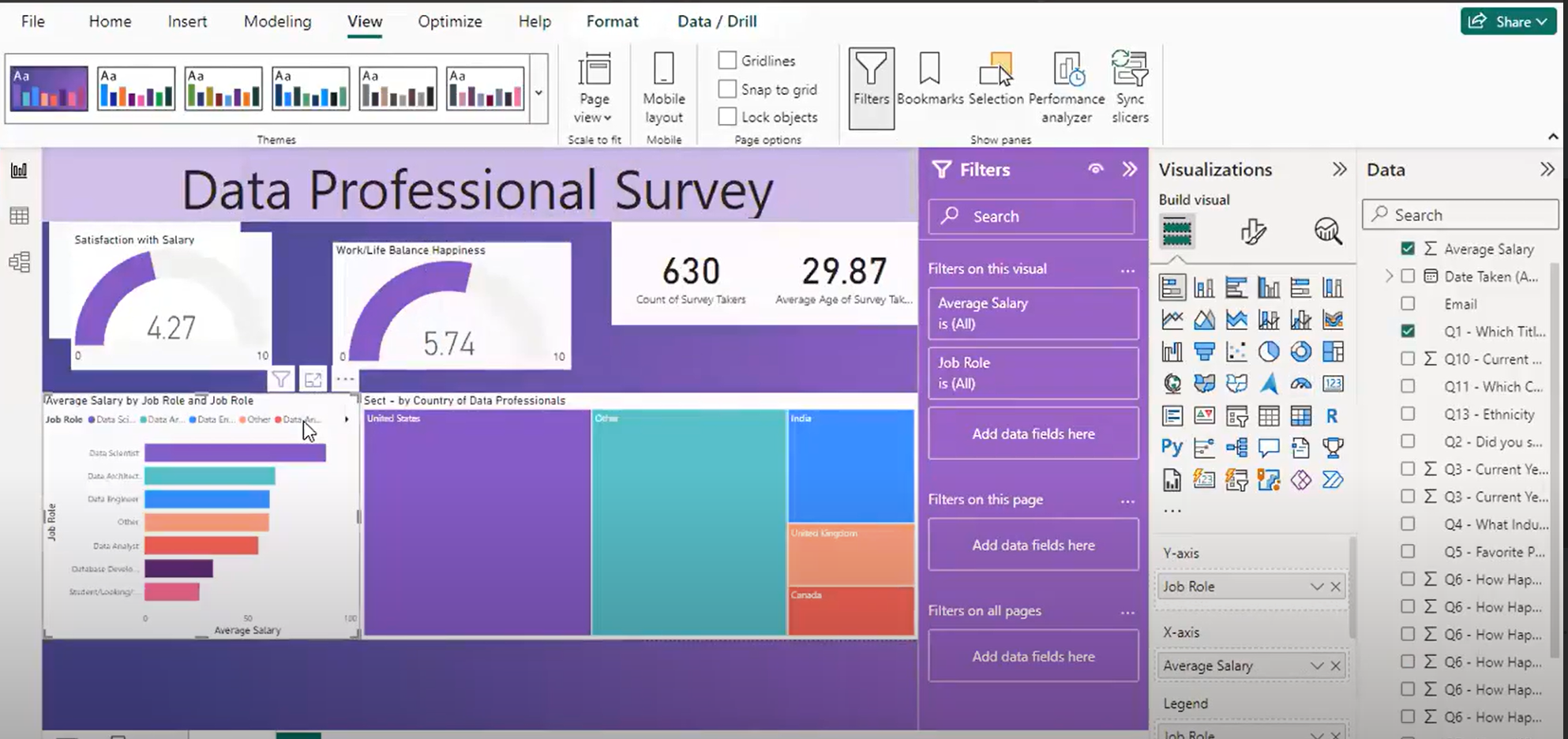
The tech landscape is evolving faster than ever, and as we step into 2025, professionals who stay ahead of the curve will have a significant advantage. Businesses are increasingly relying on data-driven decision-making, automation, cybersecurity, and decentralized technologies, creating a demand for specialized skills.
If you’re looking to future-proof your career, here are five tech skills that will be in high demand in 2025.
1. Data Science & Data Analytics
In 2025, businesses will continue to rely on data-driven insights to stay competitive. From predictive analytics to real-time business intelligence, companies are making data science a core part of their strategies.
Professionals with expertise in Python, SQL, R, Power BI, and Tableau will have a competitive edge. Roles such as Data Analyst, Data Scientist, and Business Intelligence Specialist will continue to see high demand as organizations look for ways to turn raw data into actionable insights.
If you’re interested in numbers, trends, and problem-solving, data science is a skill worth investing in.
2. Cybersecurity
As digital transformation accelerates, cyber threats are becoming more sophisticated. Companies are no longer asking if they will face a cyber attack but when. This has made cybersecurity one of the most critical skills for 2025.
Organizations need professionals who can:
- Detect vulnerabilities before hackers do
- Protect sensitive data from breaches
- Implement advanced security frameworks
Certifications like Certified Ethical Hacker (CEH), CISSP, and CompTIA Security+ can give you a strong foundation in cybersecurity. With growing concerns about data privacy and AI-driven cyber threats, professionals in this field will be in high demand.
3. Artificial Intelligence & Machine Learning
AI is not just an emerging trend—it’s a fundamental shift in how industries operate. In 2025, businesses will continue integrating AI into their operations, from customer service automation to predictive analytics and AI-powered cybersecurity.
If you’re looking to specialize in AI, here are some key skills to develop:
- Machine learning algorithms (Supervised, Unsupervised, and Reinforcement Learning)
- Deep learning frameworks (TensorFlow, PyTorch)
- Natural Language Processing (NLP) for AI-driven chatbots and automation
AI is shaping the future of finance, healthcare, and e-commerce, making it one of the most valuable skills to master.
4. Cloud Computing & DevOps
With remote work, digital transformation, and scalable infrastructure becoming the norm, cloud computing is an essential skill in 2025. Companies are moving away from traditional servers and embracing cloud platforms like:
- Amazon Web Services (AWS)
- Microsoft Azure
- Google Cloud Platform (GCP)
Beyond cloud computing, DevOps is also growing in demand. DevOps professionals help bridge the gap between development and IT operations, ensuring software is deployed faster and more efficiently.
If you’re looking for a future-proof skill, learning cloud computing combined with DevOps tools like Docker, Kubernetes, and Jenkins will make you a valuable asset in the job market.
5. Blockchain & Web3 Technologies
Blockchain is no longer just about cryptocurrencies. In 2025, its applications will expand into supply chain management, decentralized finance (DeFi), smart contracts, and identity verification.
Businesses are exploring decentralized technologies to enhance security, transparency, and efficiency. If you’re interested in blockchain, consider learning:
- Ethereum & Solidity for smart contract development
- Hyperledger for enterprise blockchain solutions
- Cryptographic security and consensus mechanisms
With the rise of Web3, decentralized applications (dApps), and NFT ecosystems, blockchain technology is set to transform multiple industries beyond finance.
Final Thoughts
The future of work is tech-driven, and staying ahead means upskilling in the right areas. Whether you’re interested in data science, cybersecurity, AI, cloud computing, or blockchain, mastering these skills in 2025 will open doors to new opportunities.
Which of these skills are you planning to focus on? Let’s discuss how they’re shaping the future of tech and business.





